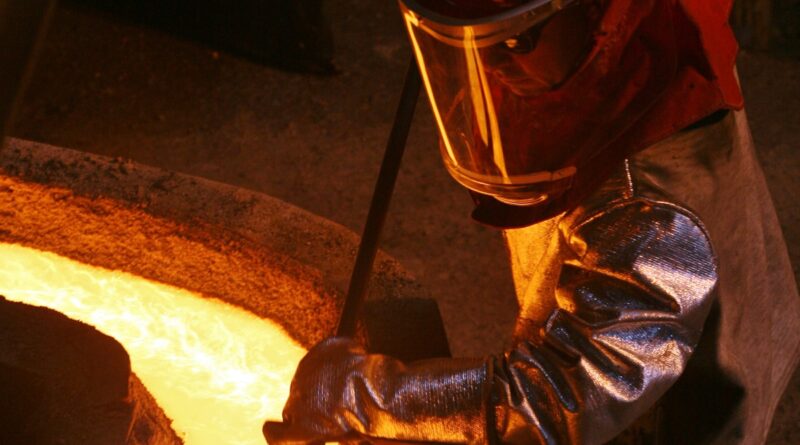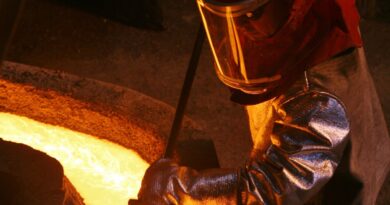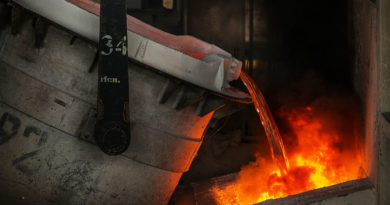Chuquicamata’s copper smelter and refinery closed down
As a preventive measure and given the complex situation that the Antofagasta Region and the city of Calama are experiencing due to the Covid-19 health emergency, the management of the Chuquicamata Division has decided to stop its smelting operations, following the death of a third worker.
The Chuquicamata smelter is located near Calama in the Antofagasta region and has a concentrate treatment capacity to 1.65Mt/a and a 555kt/a anode production capacity. Flash furnace and Teniente converter smelting technologies are used.
The shutdown is a temporary measure, which aims to reduce exposure to COVID-19 infection in the areas of the division, and reinforce preventive efforts and controls of safety and health of people in the workplace.
Nicolás Rivera, General Manager of the Chuquicamata Division explained that “esta nueva iniciativa, es una acción proactiva para abordar las próximas difíciles semanas que tendremos que enfrentar como país, sociedad y Chuquicamata. Hoy debemos estar más unidos que nunca para enfrentar este desafío, haciendo de la disciplina y la solidaridad la base de nuestro accionar en el trabajo, el hogar y en nuestro entorno comunitario”.
TRANSLATION: “this new initiative is a proactive action to tackle the next difficult weeks that we will have to face as a country, society and Chuquicamata. Today we must be more united than ever to face this challenge, making discipline and solidarity are the basis of our actions at work, at home and in our community environment “.
Codelco’s Chuquicamata smelter is one of the world’s largest. For many years Chuquicamata Mine, particularly its smelter, was a byword for pollution and the inhabitants of the Chuquicamata camp and Calama had serious amounts of arsenic in their blood.
Over time, this has changed drastically. The camp at Chuquicamata has been closed and the inhabitants moved to Calama, away from the dust and general pollution close to the mine.
The Corporation also planned some years ago to reduce arsenic emissions by 97% but there have been no recent reports. Pollution of the River Loa, which flows through Calama is a problem which is being addressed but again, little has been reported.
The concentrate goes to the Caletones smelter further down the valley. This is equipped with two Teniente converters with slag furnaces, three Pierce Smith converters and six anode furnaces feeding two anode and one fire refined casting wheels. Tailings are flumed down the valley to dams on flatter ground.
The news came after the country’s environmental regulator filled pollution charges against Codelco over a 2016 tailings spill.
The company estimates that around 400 people will temporarily out of job due to the smelter and refinery shutdown. Codelco owns and operates seven mines and four smelters, all based in Chile. The company accounts for 10% of the world’s known proven and probable reserves and about 11% of the world yearly copper output, representing 1.8 million tonnes of the red metal.




